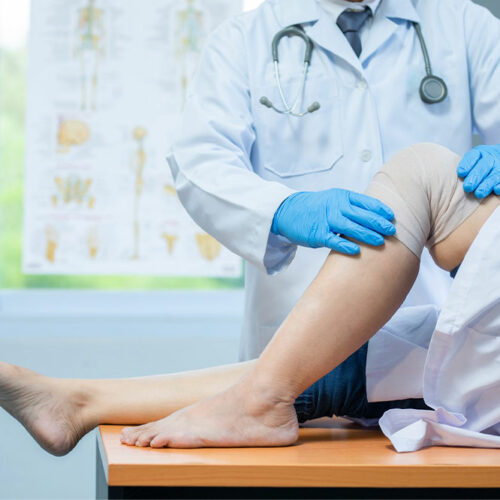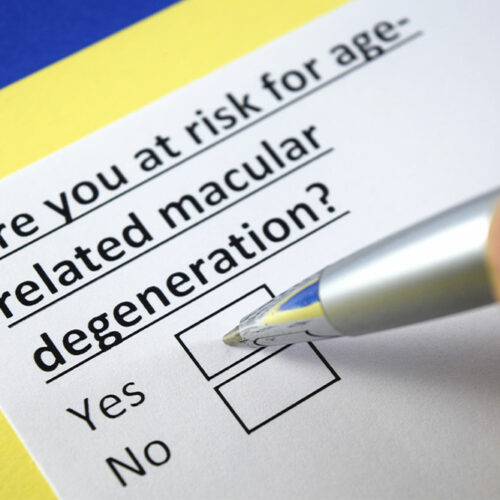8 superfoods that help get rid of dark circles

Dark circles are the discoloration or shadows that appear under one’s eyes, making them look tired. Various factors contribute to dark circles, from genetics and poor sleep patterns to allergies and aging. However, it is not a medical concern; managing and diminishing their appearance is possible through lifestyle changes, simple home remedies, and even food choices. Here are specific foods that are pivotal in reducing dark circles and fostering healthier skin. Cucumber Rich in water content, cucumbers help maintain skin hydration, reducing puffiness around the eyes. They contain antioxidants that boost collagen production, fortifying the skin and reducing the visibility of underlying blood vessels. Apart from consuming this food, one can also place thin cucumber slices over one’s closed eyes for 10 to 15 minutes to eliminate the under-eye puffiness and improve elasticity. Spinach Spinach is a superfood with vitamins and minerals, including vitamins K, C, and iron. Vitamin K, in particular, can improve blood circulation and minimize blood pooling beneath the eyes, while vitamin C can promote collagen production and skin repair, thus reducing dark circles. Papaya Papaya is abundant in vitamins A and C, which are vital for skin cell repair and elasticity. So, regular consumption of papaya can result in brighter and healthier-looking under-eye skin.






